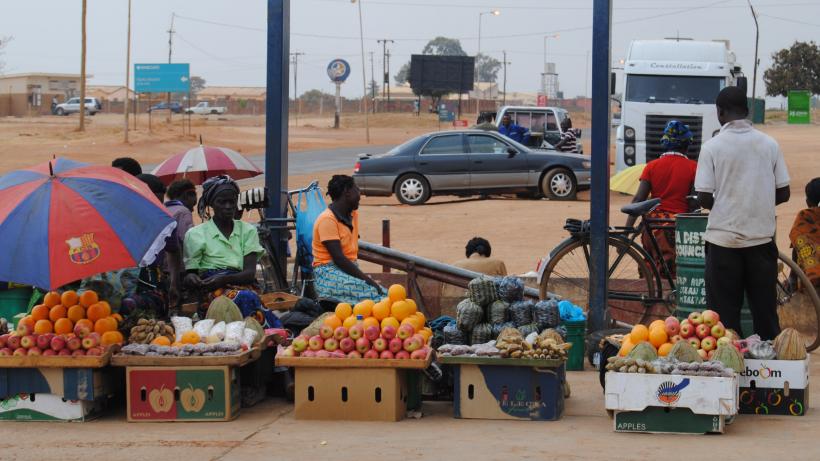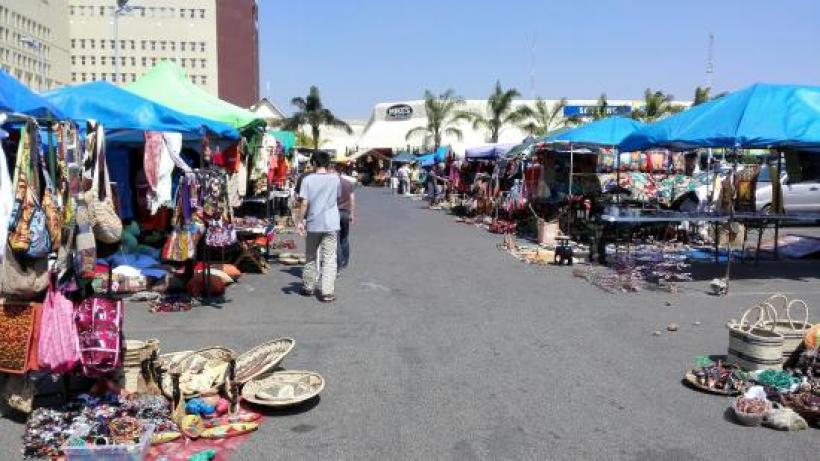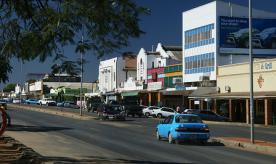Growing together: Trust, spontaneous clusters, and the growth of micro, small, and medium enterprises in cities
The rapid growth of cities in the African continent provides a new opportunity for the spread of innovative ideas and creates the conditions for the accumulation of social capital through repeated interactions. Urban density and social proximity can foster cooperation in the provision of public goods and the creation of win-win solutions which relax the economic constraints of micro, small and medium enterprises (e.g., financial and market access, marketing, labour demand). However, geographical, structural, psychological and cultural barriers can prevent the full burgeoning of these positive agglomeration externalities, possibly leading cities to suboptimal levels of interconnectedness and learning. We propose to investigate the role of density - both physical and social - for the growth of micro, small and medium entrepreneurs in an urban context. This project will provide answers to the following questions:
- What are the benefits of urban density for SMEs growth?
- What are the main micro-level mechanisms (or barriers) that trigger (prevent) agglomeration and cooperation between firms in the same industry in an urban context
- Is it possible to foster horizontal connections between firms through formal training?
While being well-established concepts in the economics literature, firm agglomeration and cooperation have not been fully explored in the context of African cities. The project is indeed motivated by empirical evidence from major urban areas in Zambia, which are characterised by clusters of small manufacturing and retailing enterprises engaged in a range of activities within the same industry. These spontaneous agglomerations of firms are a potential source of employment, skills development, economies of scale, innovation and, ultimately, poverty reduction which can inform growth policies.
The project first aims at conducting extensive data-collection and spatial mapping of the economic activities in the city of Lusaka. The outcome will be a Census of Urban Entrepreneurs, which would include geo-coding of data on firms’ location and basic information on both the businesses (e.g., size, age, sector) and the owners (e.g., education, age, ethnicity, social connections). The census will provide measures of geographic density of different businesses across the city and the presence of clustering among certain industries, ethnic groups or place of origin. These data, while being fundamental for the design of the subsequent intervention, will also produce important correlational evidence on the relationship between firm density, individual demographics and entrepreneurs’ cooperation efforts in an urban environment.
Secondly, the research aims at developing a business skills training curriculum focused on the generation of opportunities through team-working and business links. We will first implement lab-in-the-field experiments and a baseline survey to identify what are the main challenges for SMEs in taking advantage of the opportunities presented by density and, thus, to inform the choice of training contents. An RCT-based research method will then allow us to measure the value of industrial agglomeration; the identification strategy would be based on the rolling-out of the business skills training programme to randomly chosen teams of micro, small and medium firms in Lusaka, exogenously varied in terms of physical and social interconnectedness using geographical stratification methods. The training course will comprehend both hard and soft skills components and will be provided in partnership with the DFID-funded private sector development organisation, Private Enterprise Programme Zambia.







